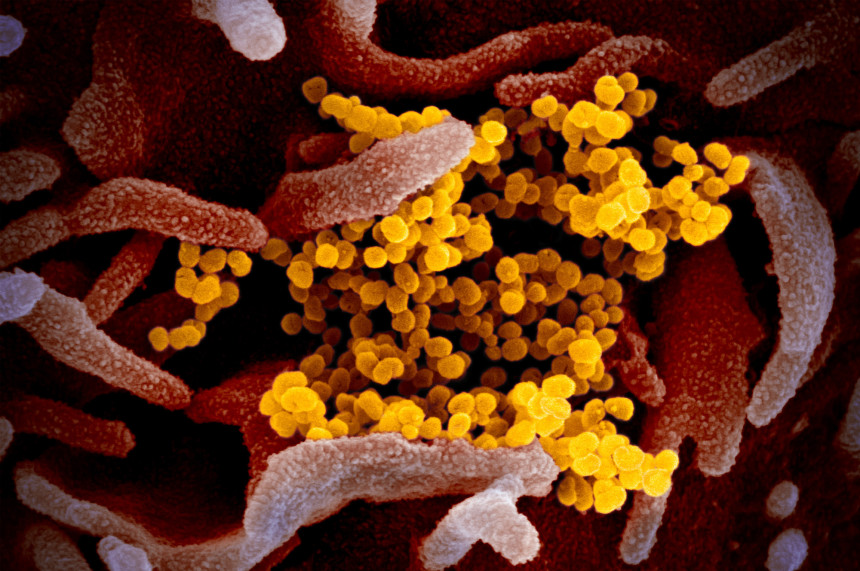A biostatistics professor at the University of California at Berkeley’s School of Public Health said on Wednesday that it will take at least a few weeks before the spread of the COVID-19 coronavirus in the U.S. is made clear.
Speaking at a virtual town hall with other UC-Berkeley health experts, professor Nicholas Jewell said, “The first indication if the rate is slowing down in California and the U.S. will come in a few weeks.” Jewell said lowering the rate at which COVID-19 is reproduced from one person to others is a key factor in trying to control the spread of the disease.
Jewell said, “A reproduction rate of less than 1 percent is necessary to prevent a significant percentage of the population from being infected.” But he said if the reproduction rate is 2 percent or more at least 50 percent of the population will contract the virus. Jewell said there’s “an ironic tradeoff” if current shelter-in-place rules and social-distancing mandates are followed by everyone and result in slowing the spread of COVID-19.
He said the good part of such a “flattening the curve” scenario is that it will prevent hospitals from becoming overwhelmed by a sudden influx of coronavirus patients. But Jewell said the bad part of limiting the number of people who get the virus at this point is that there could be a spike in new cases in a few months because most people wouldn’t have developed an immunity to COVID-19. He said, “We could be vulnerable to a rebound because not many people would be infected.”
It’s believed by some health experts that people who contract the coronavirus will develop an immunity to it. Jewell said that even in a best-case scenario in which the spread of COVID-19 is limited, the virus won’t be eradicated and will remain endemic until a vaccine for it is developed, a process that is expected to take at least 12 to 18 months.
